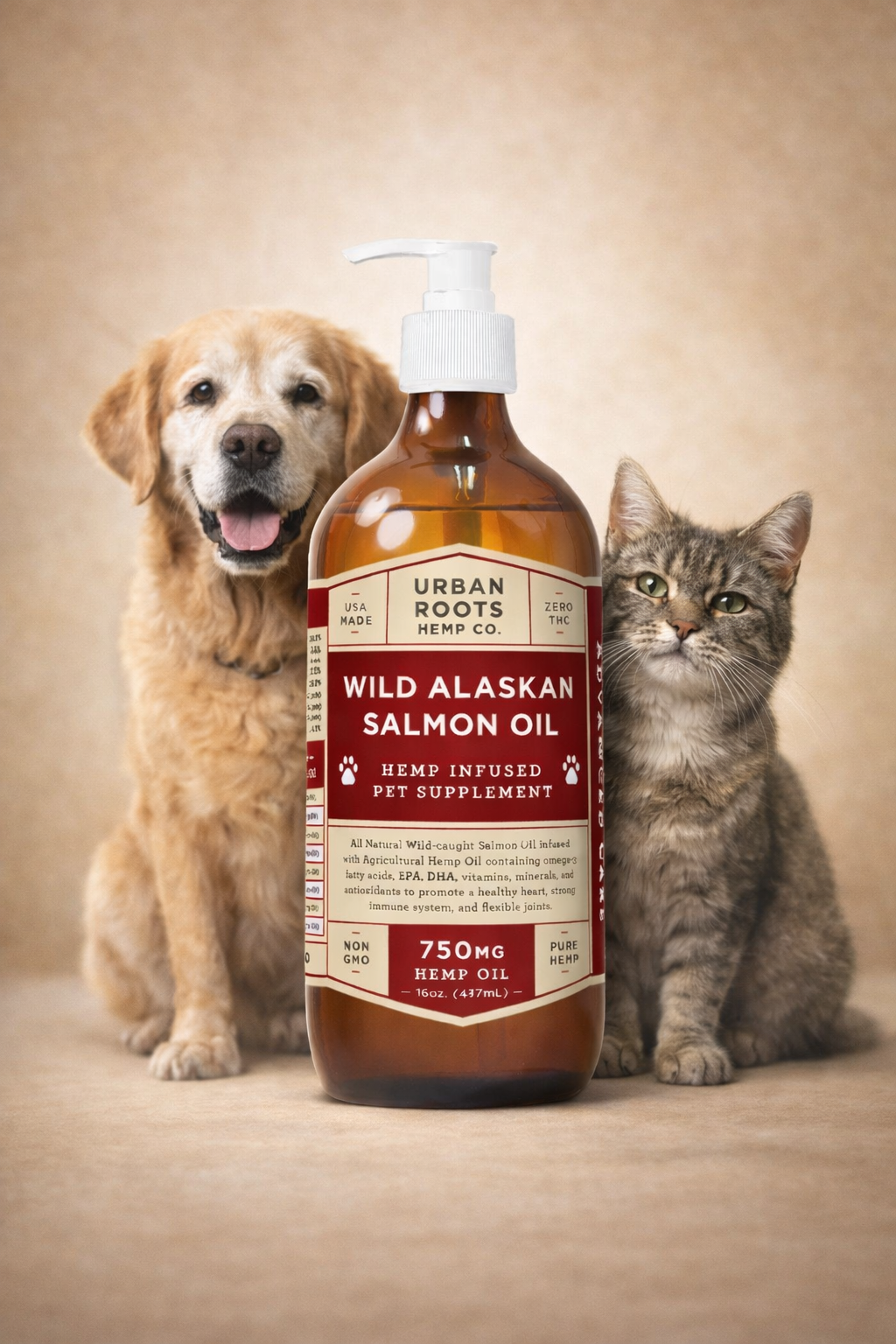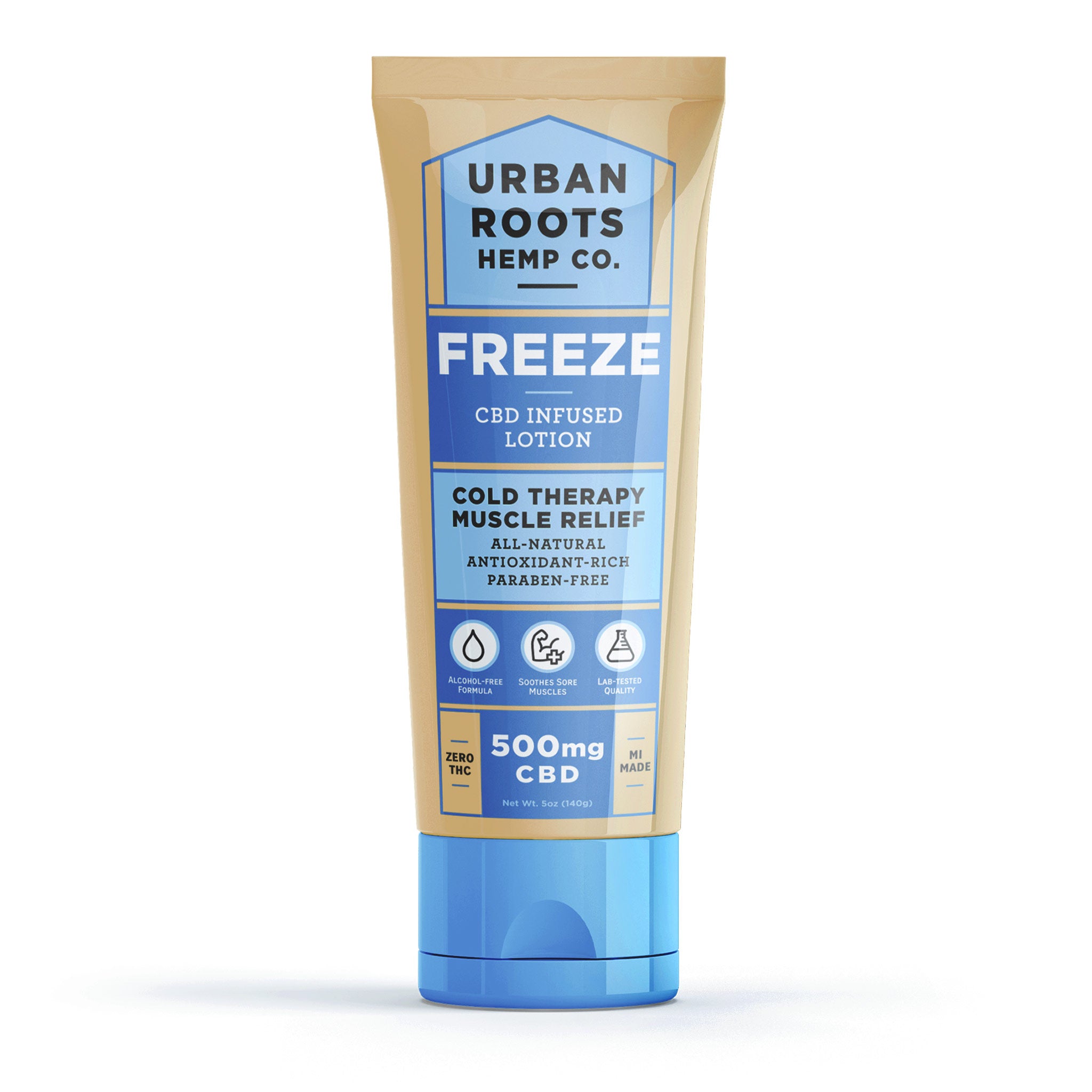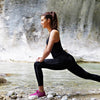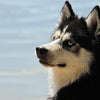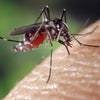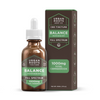Problems with High Elevation? Try CBD for Altitude Sickness
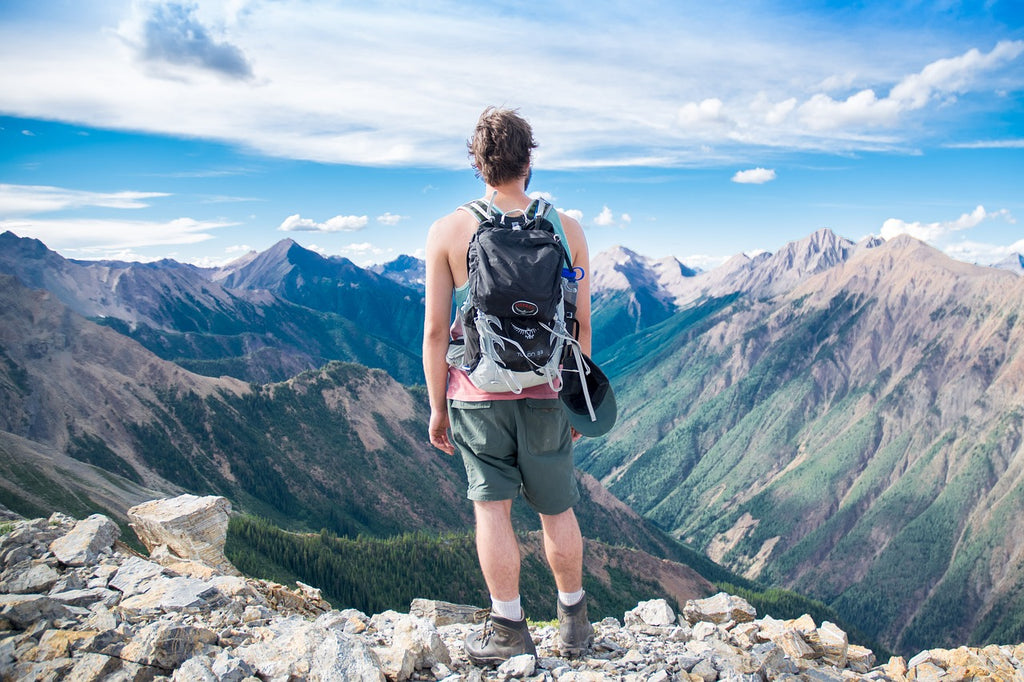

Most of us spend the majority of lives maybe a few hundred or, at most, a few thousand feet above sea level. Unless you live in a mountainous area, then your risk of ever getting altitude sickness is exceptionally low. However, once you start to gain some elevation, you may start to feel some increasingly unpleasant symptoms. These symptoms are collectively called “mountain sickness”, “Rocky Mountain sickness”, or just high altitude sickness.
In today’s article, we’re going to cover what altitude sickness is, what causes it, and, most importantly, how CBD may help you fight some of the uncomfortable symptoms.
What Is Mountain Sickness?
Web MD describes altitude sickness as a set of symptoms that can affect people as they ascend to high altitude too quickly. In other words, if you climb, hike, or drive too high without giving your body time to adjust and acclimatize, then you may start to feel not so hot.
In a nutshell, as you ascend higher, the air becomes thinner, the pressure around you drops, and there is less oxygen available to you. Depending on how high you go, the majority of healthy people’s bodies will adjust and adapt. Altitude sickness occurs in people who are more sensitive to pressure changes, whose bodies need longer to adjust, or who traveling too high too fast without giving their bodies a chance to adapt.
Climbing to these elevations can bring on symptoms of altitude sickness:
- High altitude: 8,000 to 12,000 feet above sea level
- Very high altitude: 12,000 to 18,000 feet
- Extremely high altitude: 18,000+ feet
It’s important to remember that these numbers are just general; some people will start to feel sick at lower elevations, and some can operate at 14,000 ft and only feel a slight shortness of breath. Additionally, for those who may see an Everest or K2 climb in your future, there is a designation above extremely high altitude called the “death zone”. The death zone is generally considered to start at about 26,000 ft and humans are thought to not be able survive above that elevation for very long, even with extensive acclimatization.
Luckily, almost none of us will ever be that high up. A great deal more of us will be in the 8,000 ft to 14,000 ft zone, as those heights are attainable in the continental United States while hiking or skiing. At those altitudes, the most common form of altitude sickness is mild Acute Mountain Sickness (AMS). Let’s look at the symptoms.
Symptoms of Acute Mountain Sickness
Acute Mountain Sickness is the most common form of altitude illness. Its symptoms can range from mild to more severe, but are rarely life threatening and can be improved if you move to a lower altitude quickly.
Symptoms of AMS often include:
- Headache
- Dizziness
- Nausea
- Vomiting
- Fatigue and loss of energy
- Shortness of breath
- Problems with sleep
- Loss of appetite
Although not usually as serious as more critical forms of altitude sickness, like pulmonary edema (build up of fluid in the lungs) or cerebral edema (build up of fluid in the brain), AMS can still be uncomfortable, painful, and even dangerous when visiting, hiking, or skiing at higher altitudes.
CBD for Altitude Sickness: Why It May Help
Before we dive into how CBD may help people experiencing altitude sickness, it’s important to first point out that there have been minimal direct studies looking into the effect of CBD products on AMS. And to be clear, there aren’t many proven ways to prevent feeling negative symptoms when at very high elevations. The only true and tested way is to become acclimatized. However, if you’re on a week long trip or a few day hike, it’s simply not possible to become adequately adjusted to 12,000 ft, 13,000 ft, or 14,000 ft that quickly.
Many climbers, hikers, and skiers, and other high country enthusiasts have long used natural remedies like coca tea, ginger, tumeric, ginseng, rhodiola and dandelion root to help with acclimatization. A lot of them are also beginning to use CBD products as well.
Although there haven’t been studies looking specifically at CBD and altitude sickness, there have been studies exploring whether it can possibly be used to treat or improve similar symptoms. For example, clinical studies have been conducted and shown that CBD may improve oxygen intake, alleviate mild to moderate headaches, reduce the feeling of nausea, increase appetite, and improve sleeping at high altitude.
What the Studies Have Said So Far
According another article published on WebMD, a 2015 study on guinea pigs showed CBD helped open up the bronchial passages. The article went on to say that researchers believe it’s possible it could help people with COPD breathe easier and keep blood oxygen levels from falling as well. Furthermore, a 2014 study on mice with damaged lungs showed CBD helped lower inflammation and improved lung function.
The article goes on to say that a 2020 pilot study using human cells and CBD oil to test possible COPD connections confirmed earlier studies that showed CBD might support your body’s anti-inflammatory and immune responses.
Although these studies don’t necessarily point to a clear cut cure for rocky mountain sickness, maintaining open bronchial passages and allowing easier breathing can both help keep oxygen levels up. Additionally, CBD’s anti-inflammatory properties may assist with symptoms of nausea and headaches, while its interaction with serotonin receptors has been shown to potentially help us sleep better.
Other Reasons to Consume CBD at High Altitude
In addition to potentially improving oxygen intake and reducing nausea and headache related pain at high altitudes, CBD also brings other benefits, particularly to those who are engaging in strenuous activity high up in the mountains.
- Muscle Recovery – CBD may help with sore muscles following an intense hike or day of skiing. Put simply, when you push your muscles during a workout you are tearing them and making them rub against one another. The body’s nervous and immune systems interpret this as damage and delivers a response that can cause inflammation, swelling, stiffness, and pain. To take advantage of CBD’s reported anti-inflammatory properties, many athletes will add CBD to their post workout supplements.
- Mood and Motivation Boost – Similar to a “runner’s high”, which is theorized to be connected to the body’s endocannabinoid system, CBD has been known to induce feelings of energy and motivation. If a runner’s high is connected to the endocannabinoid system, then it is logical that this euphoric phenomenon could be duplicated by the activation of the same receptors in the brain by CBD.
- Prevent Game Day Anxiety – A long hike or day on the slopes can sometimes cause feelings akin to game day jitters and cause you to lose your focus. People have long used CBD to attempt to relieve both their anxiety and stress. Studies have also been undertaken (here’s a link to one) that have shown CBD to be effective at reducing social anxiety. Many runners report that consuming CBD before a high-pressure dramatically reduces their anxiety, allowing their nerves to reside naturally so they are better able to focus on the race instead of their nerves.
If You Experience Altitude Sickness, CBD May Help
People take CBD for many different reasons, often before the research fully backs it up. We’re not saying that it will 100% cure your symptoms of altitude sickness. However, there are signs that it may help improve an otherwise largely incurable condition. There is evidence that it may help oxygen intake and alleviate pain and nausea, three of the major symptoms of AMS.
The best part is that CBD is completely non-toxic and non-psychoactive, so you can give it a try and see if it helps with no serious negative side effects. We only recommend starting with a low dosage until you see how your body reacts and to remember that CBD takes time to build up in your system before you will start feeling any effects.
Try the high quality, third party lab tested CBD products from Urban Roots today!


